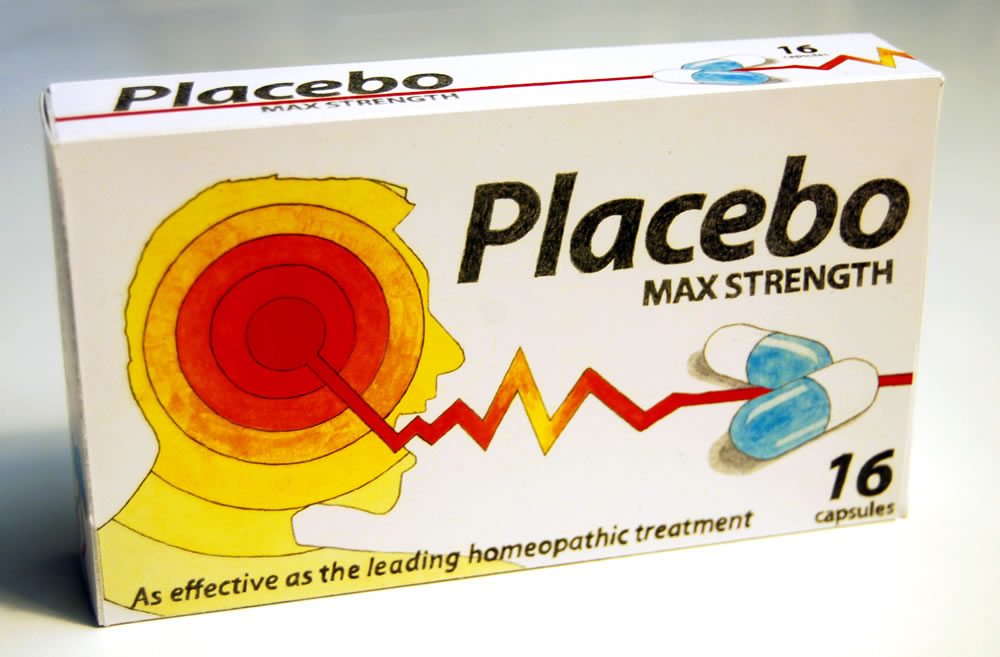Category: Pharmaceuticals

Placebo Effect for Pain
It has long been recognized that there are substantial multifactorial placebo effects that create real and illusory improvements in response to even an inactive treatment. There is a tendency, however (especially in popular discussion), to oversimplify placebo effects – to treat them as one mind-over-matter effect for all outcomes. Meanwhile researchers are elucidating the many mechanisms that go into measured placebo effects,...

Ear Infections: To Treat or Not to Treat
Acute otitis media, also known as an ear infection, is a common problem that used to be treated routinely with antibiotics. As more evidence accumulated, it became clear that the practice needed to change. Seven years after the American Academy of Pediatrics and the American Academy of Family Physicians released their guidelines, what has changed?
Old drugs, new tricks
What does honey bee colony collapse disorder have to do with a potential new cancer treatment? They both relate – in a convoluted manner – to an old antibacterial drug called nitroxoline. True to my devotion as a natural product pharmacologist, I’m proud to say that new life would not have come to nitroxoline had not a fungal natural product called fumagillin...

The risks of CAM: How much do we know?
CAM products and treatments are often sold as "all-benefit, no-risk". While we can highlight the lack of evidence for benefit, even harder can be assessing the risks of CAM.

Placebo effects without deception? Well, not exactly…
In discussing “alternative” medicine it’s impossible not to discuss, at least briefly, placebo effects. Indeed, one of the most common complaints we at SBM voice about clinical trials of alternative medicine is the lack of adequate controls — meaning adequate controls for placebo and nonspecific effects. Just type “acupuncture” in the search box in the upper left hand corner of the blog...
Ososillyococcinum and other Flu bits.
Osillococcinum I keep half an eye on the medicine displays in stores when I shop, and this year is the first time I have seen Oscillococcinum being sold. Airborne as been a standard for years, but Airborne has been joined by Oscillococcinum on the shelves. Dumb and dumber. It may be a bad case of confirmation bias, but it seems I am...
Dabigatran: A Promising Alternative to Warfarin
On October 19, 2010, the FDA approved a long-awaited new drug, dabigatran, expected to replace warfarin (Coumadin) as a better way to prevent blood clots in susceptible patients. This provides an opportunity to re-visit several issues that we have addressed before, including Big Pharma tactics, drug approval by the FDA, deciding what is adequate evidence, applying science to clinical practice, and making...
Corporate pharma ethics and you
Although I’m one of the few non-clinicians writing here at SBM, I think about clinical trials a great deal – especially this week. First, our colleague, Dr. David Gorski, had a superb analysis and highly-commented post on The Atlantic story by David H. Freedman about the work of John Ioannadis – more accurately, on Freedman’s misinterpretation of Ioannadis’s work and Dr. Gorski’s...
Pharmaceutical Company Contact and Prescribing
In my group practice, the Yale Medical Group, drug-company sponsored lunches and similar events have been banned. This is part of a trend, at least within academic medicine, to create some distance between physicians and pharmaceutical companies, or at least their marketing divisions. The justifications for this are several, and are all reasonable. One reason is the appearance of being too cozy,...
Chelation: Compounding Pharmacy’s Problems
Chelation is the provision of a substance to increase the body’s excretion of heavy metals. In poisoning situations (lead, aluminum, iron, etc.), chelation is medically necessary, objectively effective, and approved for use. But the same term has a completely different meaning in the alternative medicine universe, where proponents often believe heavy metal toxicity is the “one true cause” of disease, and chelation...

